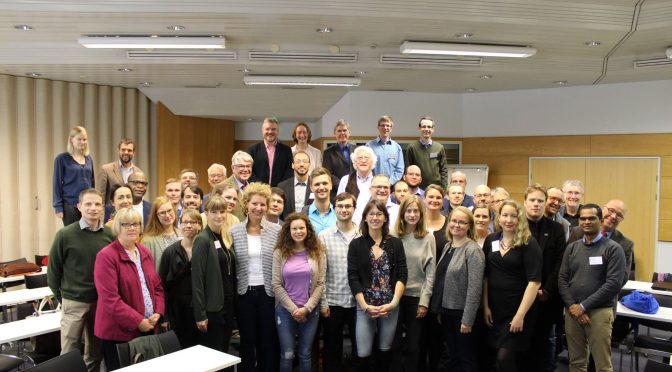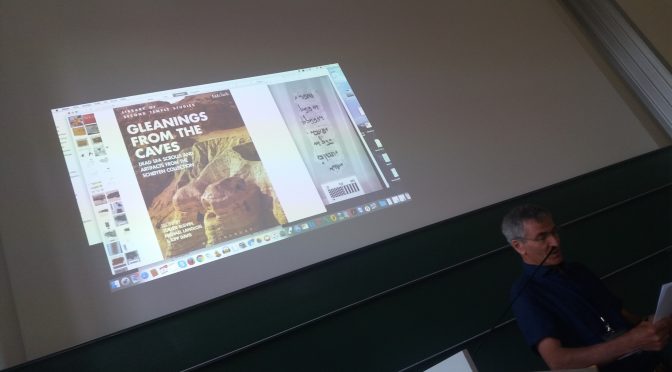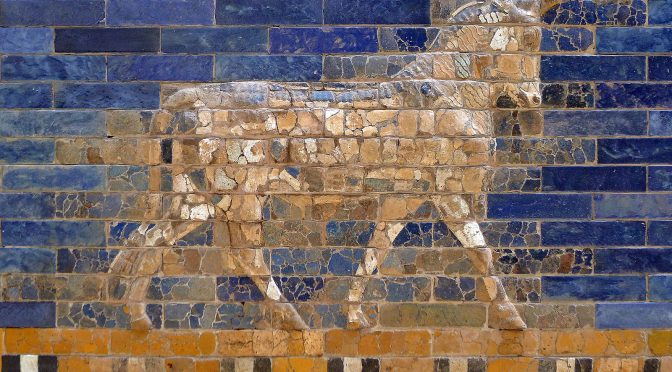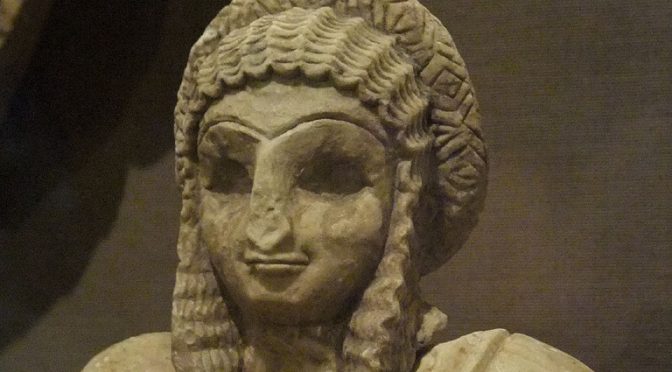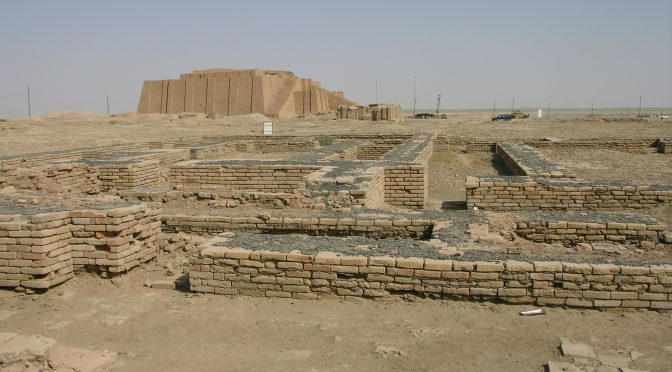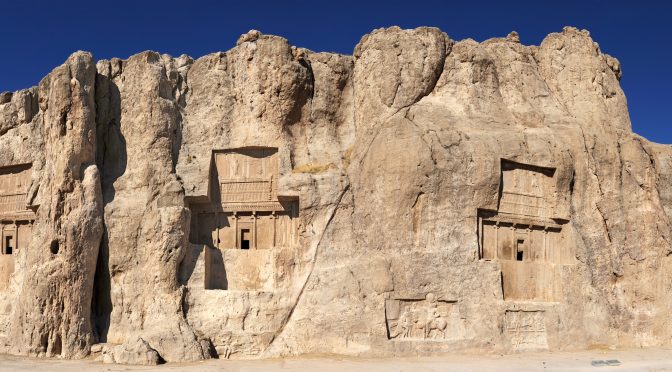 Huomenna 27.9. julkaistaan Gaudeamuksen kustantama Kuolleenmeren kirjakääröt: kriittinen suomennosvalikoima (toim. Raija Sollamo ja Mika Pajunen). Kirjan julkistamistilaisuus järjestetään Helsingin yliopiston Teologisen tiedekunnan tiedekuntasalissa (Vuorikatu 3, 5. krs.) kl. 13-14. Paikalla on huippuyksikömme tiimiin kolme kuuluva dosentti TT Mika Pajunen, joka esittelee kirjan digitaalista ja printtiversiota.
Huomenna 27.9. julkaistaan Gaudeamuksen kustantama Kuolleenmeren kirjakääröt: kriittinen suomennosvalikoima (toim. Raija Sollamo ja Mika Pajunen). Kirjan julkistamistilaisuus järjestetään Helsingin yliopiston Teologisen tiedekunnan tiedekuntasalissa (Vuorikatu 3, 5. krs.) kl. 13-14. Paikalla on huippuyksikömme tiimiin kolme kuuluva dosentti TT Mika Pajunen, joka esittelee kirjan digitaalista ja printtiversiota.
Kokoelma on tutkijoiden, asiantuntijoiden ja muiden aiheesta tarkemmin kiinnostuneiden käyttöön suunnattu. Se sisältää uusina suomennoksina Qumranista 1940-1950 -luvuilla löydettyjä tekstejä, jotka julkaistiin jo aiemmin teoksessa Kuolleenmeren kadonnut kansa. Tämä tutkijoille suunnattu painos avaa tarkemmin tekstien löytöhistoriaa, ajoitusta, tulkintaa ja sisältöä. Kirjoittajat ovat johtavia suomalaisia Kuolleenmeren kääröjen tutkijoita.
Tervetuloa mukaan oppimaan lisää kirjan julkistamistilaisuuteen!
Lisätietoja kirjasta löydät kustantajan verkkosivuilta. Katso myös aikaisempi blogikirjoitus kyseisten tekstien suomennoskokoelmasta.


